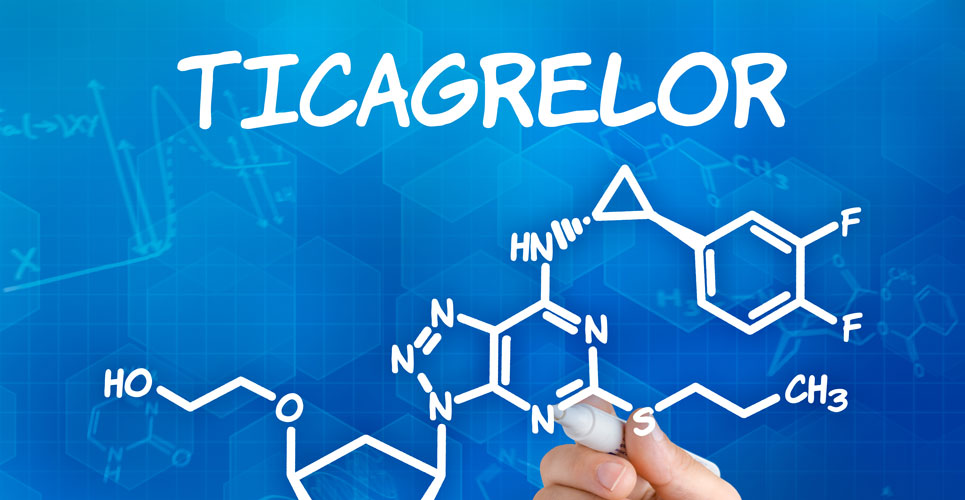P2Y12 inhibitor add-on therapy to heparin in non-critically ill patients hospitalised with COVID-19 did not improve organ support-free days
A P2Y12 inhibitor added to therapeutic heparin did not lead to an improvement in organ support-free days among non-critically ill patients, hospitalised with COVID-19. This was the conclusion of a randomised trial by researchers from the NYU Grossman School of Medicine, New York, US.
P2Y12 inhibitor drugs such as ticagrelor and clopidogrel are anti-platelets which when combined with aspirin reduce rates of cardiovascular events in patients with acute coronary syndrome. Moreover, data suggests that in COVID-19 pneumonia, platelets are primed to spread pro-inflammatory and procoagulant activities in the systemic circulation and the finding of platelet-rich thrombi in the lungs, heart and kidneys in autopsies of patients with COVID-19, suggests that platelets have a possible role in thrombosis.
Whether the use of a P2Y12 inhibitor in addition to the anticoagulant heparin would be of benefit to non-critically ill patients, as measured by an increase in organ support-free days, was the subject of the present trial by the US team. They developed the ACTIV-4a trial to evaluate the effects of anti-thrombotic therapies in hospitalised patients with COVID-19. The study recruited non-critically ill patients with laboratory confirmed COVID-19 and then randomised them, 1:1 to a therapeutic dose of heparin either with or without a P2Y12 inhibitor. Included patients had a D-dimer level that was 2-fold or greater than the upper limit of normal or were 60 to 84 years of age.
The composite primary outcome was organ support–free days which was evaluated on an ordinal scale and which combined in-hospital death (assigned a value of −1) and among those who survived to hospital discharge, the number of days free of respiratory or cardiovascular organ support up to day 21 of their index hospitalisation date. The researchers also included a primary safety outcome of major bleeding.
Findings
A total of 562 patients with a mean age of 52.7 years (41.5% female) were randomised to either a P2Y12 inhibitor (293) or therapeutic heparin alone. Concomitant baseline therapies used were corticosteroids (64.1%), remdesivir (52%) and interleukin-6 antagonists (2.8%) and ticagrelor was the main P2Y12 inhibitor used (63%).
The median number of organ support-free days was 21 in the P2Y12 inhibitor arm and 21 in the heparin only arm (adjusted odds ratio, aOR = 0.83, 95% CI 0.55 – 1.25). Overall, 26% of patients taking a P2Y12 inhibitor died compared to 22% of those using heparin or required respiratory or cardiovascular organ support during the first 28 days (adjusted hazard ratio, 1.19, 95% CI 0.84-1.68, p = 0.34).
The primary safety outcome of major bleeding occurred in 2% of those taking a P2Y12 inhibitor and 0.7% using heparin although this difference was non-significant (aOR = 3.31, 95% CI 0.64 – 17.2, p = 0.15).
Based on these findings the authors concluded that among non-critically ill hospitalised patients with COVID-19, addition of a P2Y12 inhibitor to therapeutic heparin did not result in an increased odds of improvement in organ support-free days.
Citation
Berger JS et al. Effect of P2Y12 Inhibitors on Survival Free of Organ Support Among Non–Critically Ill Hospitalized Patients With COVID-19: A Randomized Clinical Trial JAMA 2022

